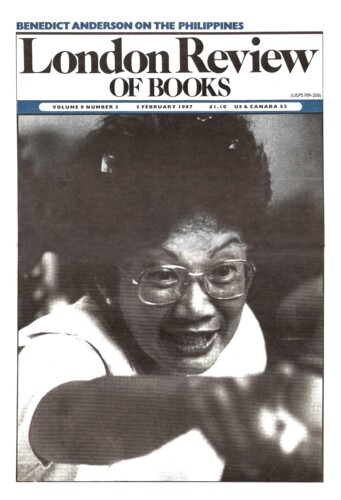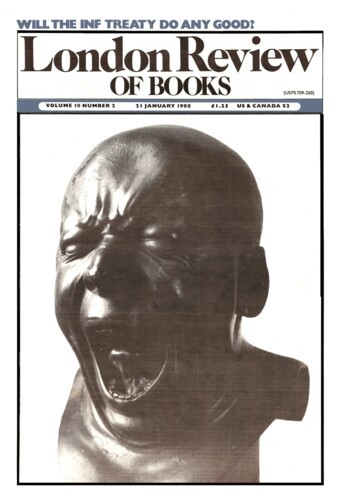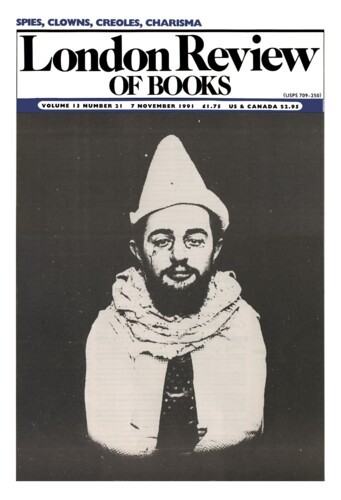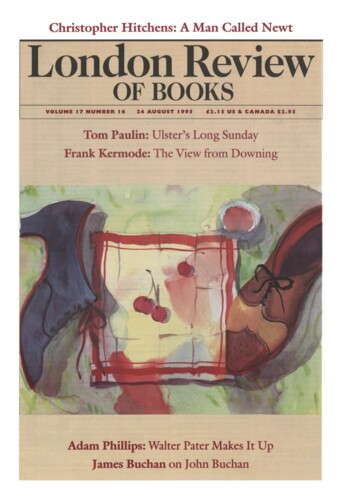More than almost all of its sister disciplines, anthropology in the modern sense has been – until very recently – linked to global imperial power. The big intra-European states of the late 19th and early 20th centuries had their famous sociologists, economists, historians, linguists, philosophers and literary theorists, but only the global powers – Britain, France and the United States – produced the (figurative) ‘big men’ of anthropology who are still read seriously today. One can think of their production as coming in three distinct waves. The first generation came to maturity in the palmy days before the Great War, when the empires were assuming their final consolidated form, and colonialism seemed unchallengeable: in the long decade of 1872-84 were born Marcel Mauss (1872), Alfred Kroeber (1876), A.R. Radcliffe-Brown (1881), and Bronislaw Malinowski (1884), with Ruth Benedict (1887) at the tail end. The second generation were born in the decade 1901-11: Margaret Mead (1901), Edward Evans-Pritchard (1902), Claude Lévi-Strauss (1908), Edmund Leach (1910), Louis Dumont and Max Gluckman (1911). They were formed in the age of Hitler and Stalin, and, in the cases of France and Britain, of impending imperial decline. The last generation came to adulthood during World War Two, and made their careers during the Cold War, the zenith of American intercontinental power, when dying colonialisms were replaced by a vast congeries of ‘new nations’. Thus, between 1919 and 1930 were born the modern – one might also say pre-Post-Modern – masters: Jack Goody (1919), Victor Turner (1920), Mary Douglas (1921), and Marshall Sahlins (1930). Right in the middle came Clifford Geertz, who was born in San Francisco in 1926. In the quarter-century between 1960, when he published his masterly The Religion of Java, and the middle Eighties, he was, after Lévi-Strauss, the most widely-known and influential anthropologist around. After the Fact, a collection of his recent Jerusalem-Harvard lectures, is, as indicated by its subtitle, an informal, if personally reticent, retrospective on a remarkable career, and on the worlds that shaped its characteristic contours.’’
After the Fact: Two Countries, Four Decades, One Anthropologist by Clifford Geertz. More than almost all of its sister disciplines, anthropology in the modern sense has been – until very recently – linked to global imperial power. The big intra-European states of the...




